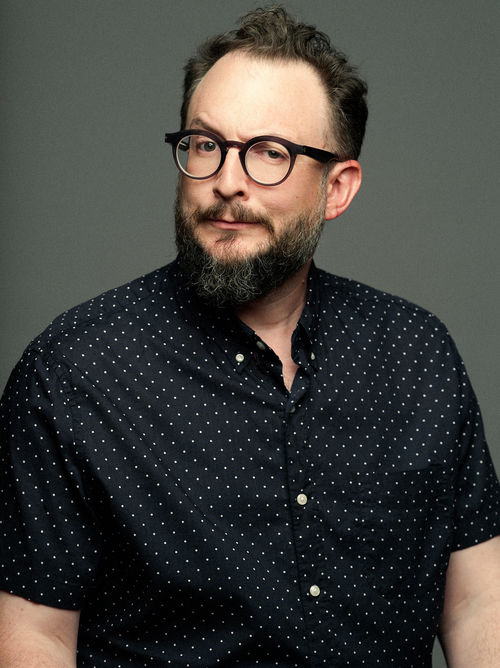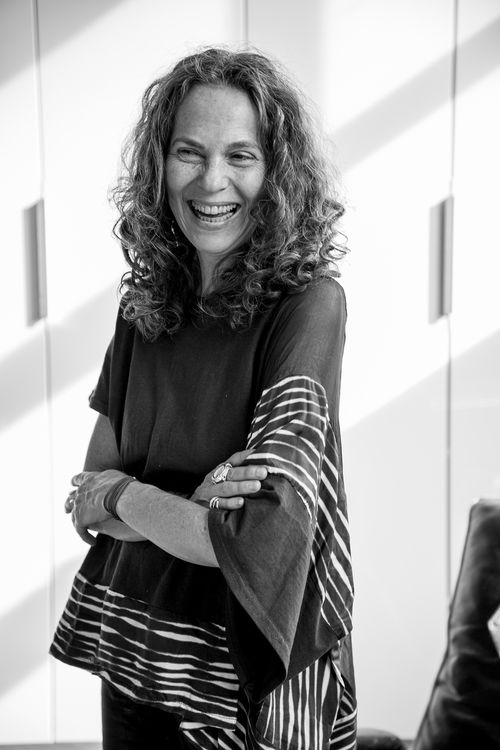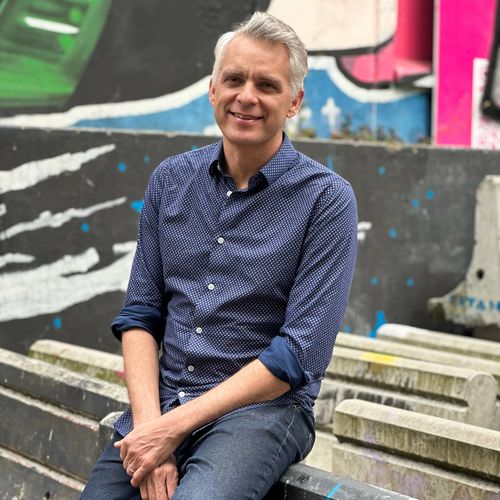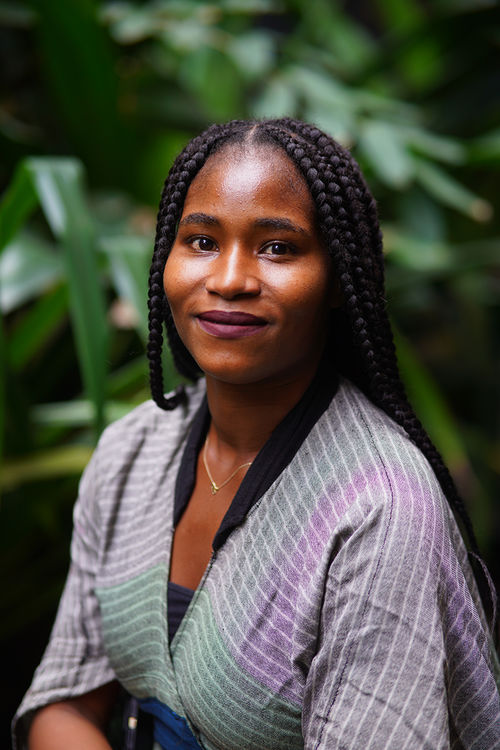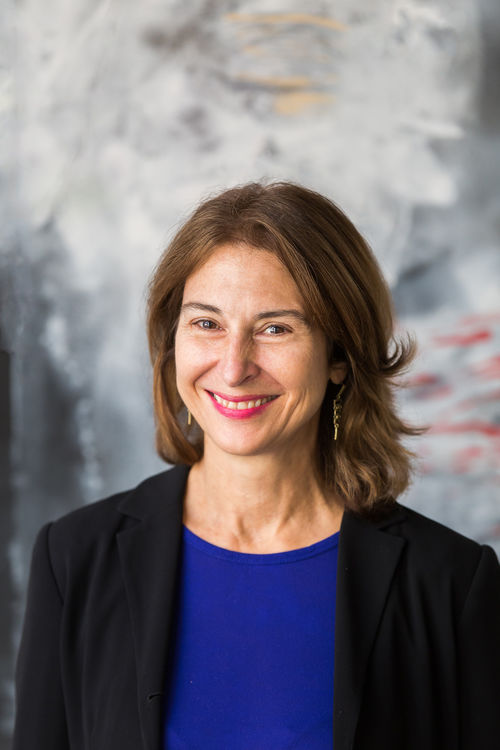
Creating Impact: Artist Legacies in the 21st Century
- This is a past program
Artist foundations are historically rooted in the stewardship of an artist’s own works, but more and more artists are choosing inventive approaches to make a greater impact. Moderator James Bewley, Senior Program Officer at the Andy Warhol Foundation for the Visual Arts, examines these models with Yona Backer, Director of Third Streaming which oversees the Alvin Baltrop Trust, Anthony Huberman, Director of Giorno Poetry Systems, Kéwé Lô, Director of Kehinde Wiley’s organization Black Rock Senegal, and Elizabeth Smith, Executive Director of the Helen Frankenthaler Foundation.
Bios
James Bewley has served as the Senior Program Officer at the Andy Warhol Foundation in New York for the past fifteen years. Bewley works closely with board and staff to administer the Foundation’s annual grant program which provides programmatic support to art-centered organizations, museums, and curators around the country. During the pandemic, Bewley was central to the Program Department’s efforts to make emergency funds available directly to artists through an expanded network of regranting partners. He is also a performing artist, writer, and podcaster. He lives in Brooklyn.
Yona Backer is a creative strategist working in the field of contemporary art and philanthropy at the intersection of social justice. Over the course of her 25+ year career in the arts, Backer has worked in the global contemporary art world in various capacities and contexts. They range from curator, educator, lecturer, cultural producer, and director of several art spaces, including the Americas Society where she was the Director of the Visual Arts. She co-led the Grant Program at The Andy Warhol Foundation for the Visual Arts, during which time she initiated new programs and organized large-scale conferences. She is the founder of Third Streaming, an interdisciplinary art space in downtown Manhattan (2010-2014) dedicated to experimental and socially-engaged art. Backer is best known for being a champion of artistic practice and free expression, and more recently, for the capacity building and development work she provides to arts organizations and foundations situated at the intersection of art and social justice. In addition to her decade-long term at The Andy Warhol Foundation for the Visual Arts, Backer consulted for artist-endowed foundations such as Lambent Foundation and The Robert Rauschenberg Foundation. Third Streaming oversees The Alvin Baltrop Trust, including the Baltrop Legacy Projects and Archive.
Anthony Huberman (b. 1975, Switzerland) is a curator and writer based in New York. He currently is the Artistic Director of GPS (Giorno Poetry Systems), a nonprofit organization, founded in 1965 by the artist John Giorno, where artists, poets, and musicians reflect on the work of other artists, poets, and musicians. Previously, he was Director and Chief Curator of the Wattis Institute for Contemporary Arts in San Francisco, Founding Director of The Artist’s Institute in New York, Curator at Palais de Tokyo in Paris, Curator of SculptureCenter in New York, and Director of Public Programs at MoMA PS1 in New York. He has curated exhibitions at Kunst Werke in Berlin, ICA London, Culturgest in Lisbon, and Secession in Vienna, and co-curated the 2014 Liverpool Biennial. Major group exhibitions include Drum Listens to Heart (2022), Mechanisms (2017), For the blind man in the dark room looking for the black cat that isn’t there (2009), and Grey Flags (2006), Recent books include Cecilia Vicuña: Word Weapons (2023), What Happens Between the Knots? (2022), Where are the tiny revolts? (2021), Abbas to Yuki: Writing Alongside Exhibitions (2019), and Today We Should Be Thinking About (2016).
Kéwé Lô (b.1992) is the founding Director of Black Rock Senegal, having joined the organization when it opened in 2019. She has been responsible for developing the infrastructure of residency management, overseeing artist experience and programming and spearheading cultural initiatives. She sees Black Rock Senegal as a unique place for creation and dialogue and hopes her work continues to support artistic practice in Senegal and create initiatives for community building and creative collaborations. Before working with Black Rock, Kéwé managed production for the textile company, Aissa Dione Tissus and worked closely with traditional weavers from South Senegal. She also assisted Galerie Atiss with curation and exhibition installation for gallery shows, art fairs, and special projects during the DAK'ART Biennale. Kéwé is also a trained dancer who has studied Fine Arts at Olivier De Serres and Modern Dance at RIDC. Throughout her career, she has worked with visual artists and choreographers such as Richard Siegal, Kader Attia, Emmanuel Tussore, Russell Maliphant, and Andreya Ouemba. Kéwé lives and works in Dakar, Senegal.
Elizabeth Smith joined the New York-based Helen Frankenthaler Foundation as founding Executive Director in 2013. Previously she was Executive Director, Curatorial Affairs, at the Art Gallery of Ontario, Toronto; Chief Curator and Deputy Director of Programs at the Museum of Contemporary Art, Chicago; and Curator at The Museum of Contemporary Art, Los Angeles. Smith has curated, published, and lectured widely in the visual arts and architecture. She has organized exhibitions on the work of artists including Uta Barth, Lee Bontecou, Jenny Holzer, Toba Khedoori, Kerry James Marshall, Donald Moffett, and Catherine Opie and on topics in architecture such as Blueprints for Modern Living: History and Legacy of the Case Study Houses and The Architecture of R.M. Schindler. Her most recent essays are included in the publications Catherine Opie (Phaidon, 2021), Observations: Women in Art and Design History (National Gallery of Victoria, 2023) and Action/Gesture/Paint: Women Artists and Global Abstraction 1940-70 (Whitechapel Gallery, 2023). Smith was educated at Barnard College and Columbia University and has taught at the University of Southern California School of Fine Arts, the School of the Art Institute of Chicago, and Bennington College, where she was a visiting professor in the Museum Fellows Term program.
ATTENDING THIS PROGRAM?
Ticketing: Admission is free. Your seat will be assigned to you when you pick up your ticket at the box office. Seats are assigned on a first come, first served basis, limit one per visitor. Box office opens one hour before the event.
Member Benefit: Subject to availability, Hammer Members can choose their preferred seats and pick up tickets for one additional guest. Members receive priority ticketing until 15 minutes before the program. Learn more about membership.
Parking: Self-parking is available under the museum. Rates are $8 for the first three hours with museum validation, and $3 for each additional 20 minutes, with a $22 daily maximum. There is an $8 flat rate after 5 p.m. on weekdays, and all day on weekends.
Press: If you are a member of the press and are interested in attending and covering the program, please email Santiago Pazos at spazos@hammer.ucla.edu for accommodations.
Read our food, bag check, and photo policies.
♿ Accessibility information
All public programs are free and made possible by a major gift from an anonymous donor.
Major support is provided by Susan Bay Nimoy and Leonard Nimoy, and the Elizabeth Bixby Janeway Foundation. Additional support is provided by the City of Los Angeles Department of Cultural Affairs and all Hammer members.
Digital presentation of Hammer public programs is made possible by The Billy and Audrey L. Wilder Foundation.
Hammer public programs are presented online in partnership with the #KeepThePromise campaign—a movement promoting social justice and human rights through the arts.



